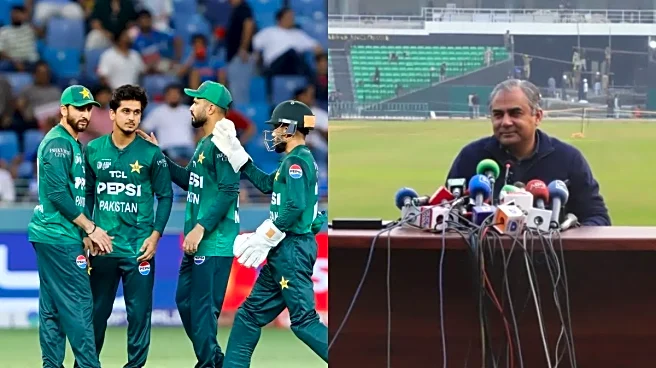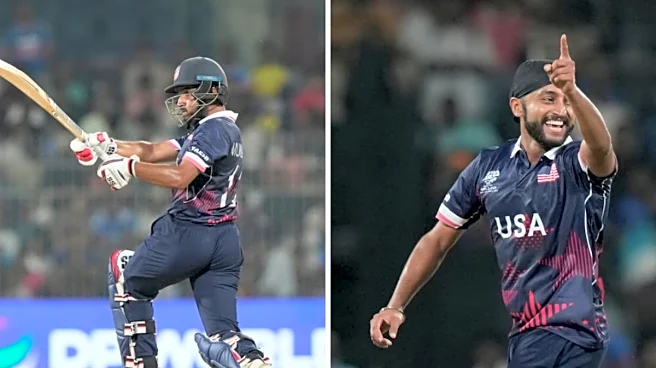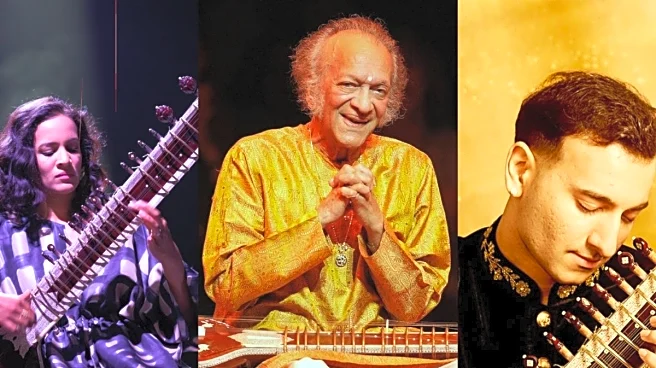As Pakistan take on India in the Super 4 encounter on Sunday, the murmurs of the recent saga will be ringing in their mind.
After the defeat against India in the group stage encounter, the issue between
the two nations erupted. India left the pitch without handshake, and that infuriated Pakistan, who made that the headlines instead of dissecting their lackluster performance.
And that led to PCB's protest, the saga with match referee andy Pycroft and the subsequent war of e-mails with ICC. And recently, Najam Sethi, PCB's former president, has spilt the beans.
Tensions were running high inside the Pakistan Cricket Board (PCB) on September 17, just hours before their Asia Cup clash against the UAE. What could have escalated into a full-blown boycott was narrowly avoided, according to former chairman Najam Sethi, who has revealed fresh details of the heated discussions.
The flashpoint stemmed from India's refusal to engage in post-match handshakes with Pakistan players on September 14, something that deeply angered PCB officials. Their frustration soon turned toward match referee Andy Pycroft, whose removal they demanded. Before the UAE fixture, the situation reached the brink when PCB even asked players not to leave the stadium since Pycroft was on duty for the game. A pullout threat hung over the team until the board eventually relented, leading to a delayed start.
Recounting the atmosphere, Sethi told Samaa TV: "The decision was already taken. The mood was such that, 'under public pressure, let's boycott. Let the Asia Cup go to hell, let the ICC go to hell. ' My attitude has always been that you should stay within legal boundaries and not leave the international arena. "
He admitted that PCB chairman Mohsin Naqvi was adamant about a boycott, but stressed how damaging that move could have been.
"If what he was attempting had succeeded, Pakistan would have suffered irreparable damage. We could have been sanctioned by the Asian Cricket Council (ACC), penalized by the International Cricket Council (ICC), foreign players might have refused to play in the PSL, and we stood to lose $15 million in ACC broadcasting rights. It would have been an existential crisis for PCB," Sethi added.
Ultimately, Pakistan's boycott call was withdrawn after extended back-and-forth between Naqvi, ACC officials, and ICC executives. Despite PCB's insistence on Pycroft's removal, ICC CEO Sanjog Gupta confirmed during a conference call that the Zimbabwean referee would remain in charge, as his actions had been within regulations. Then a pre-match chat with Pycroft resolved the issue.


/images/ppid_59c68470-image-177102753183257032.webp)


/images/ppid_a911dc6a-image-17710264327998831.webp)

/images/ppid_a911dc6a-image-177102646607765106.webp)






